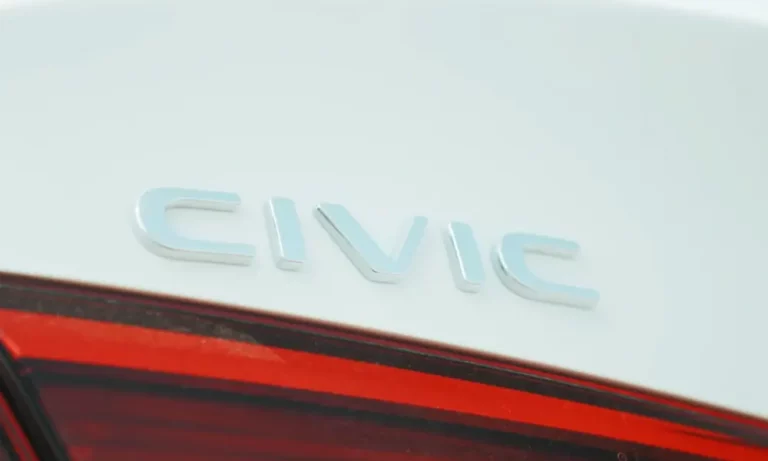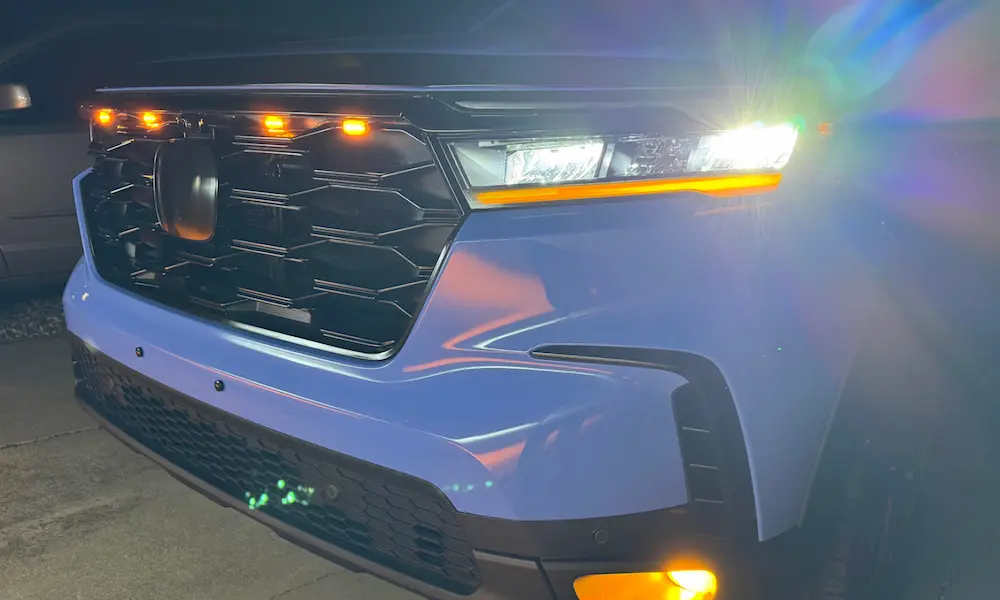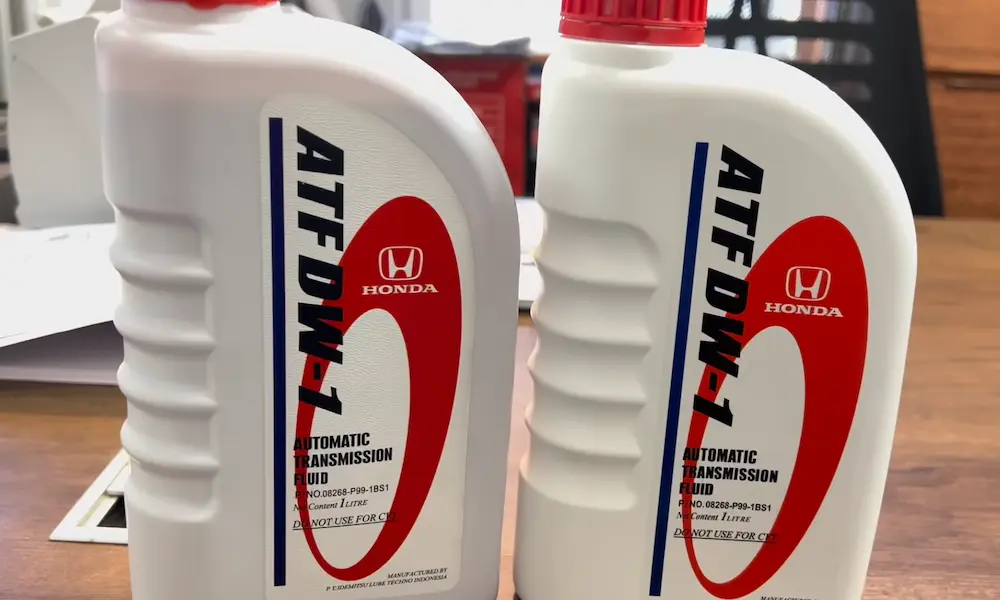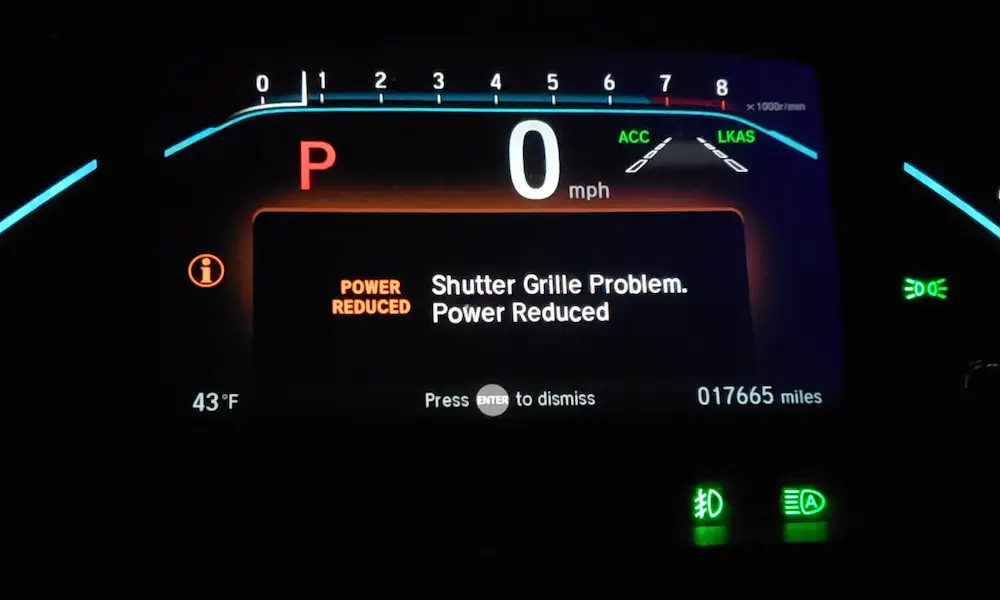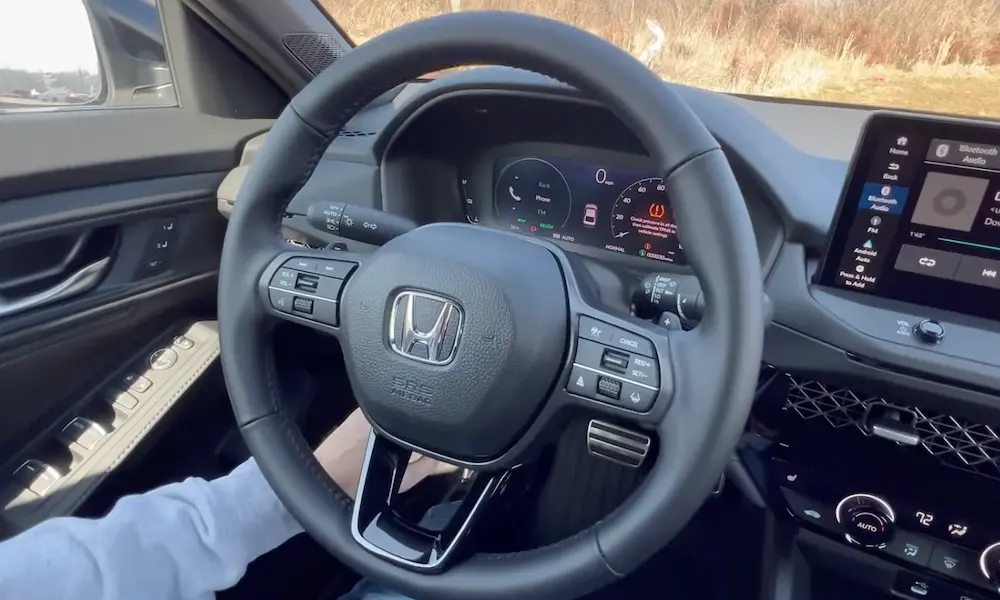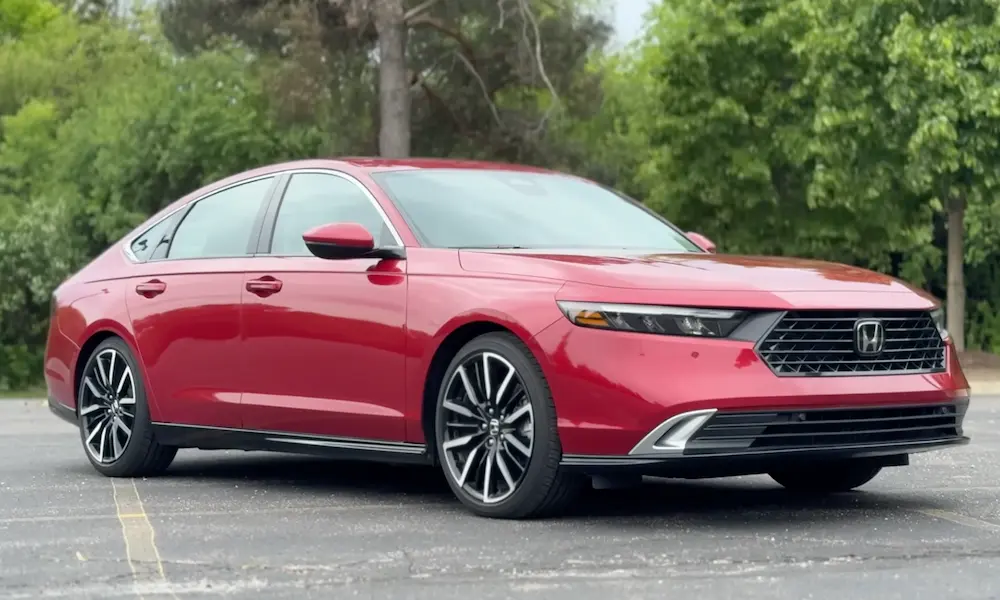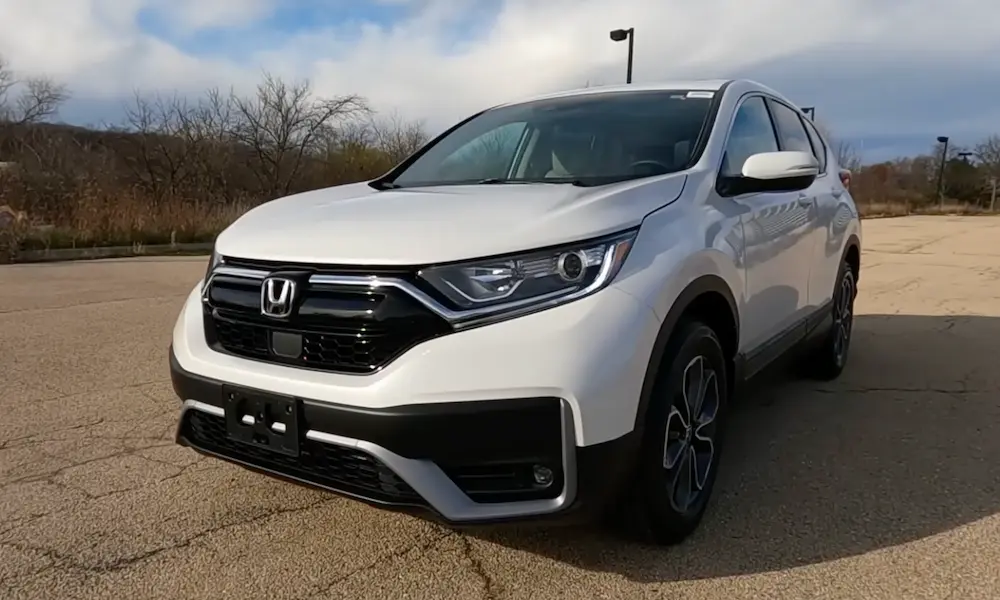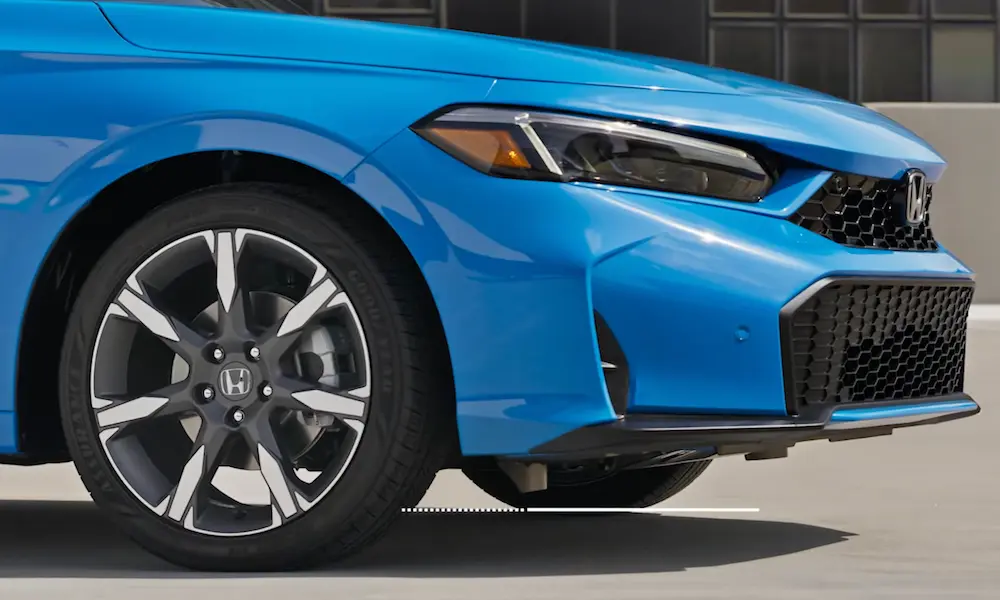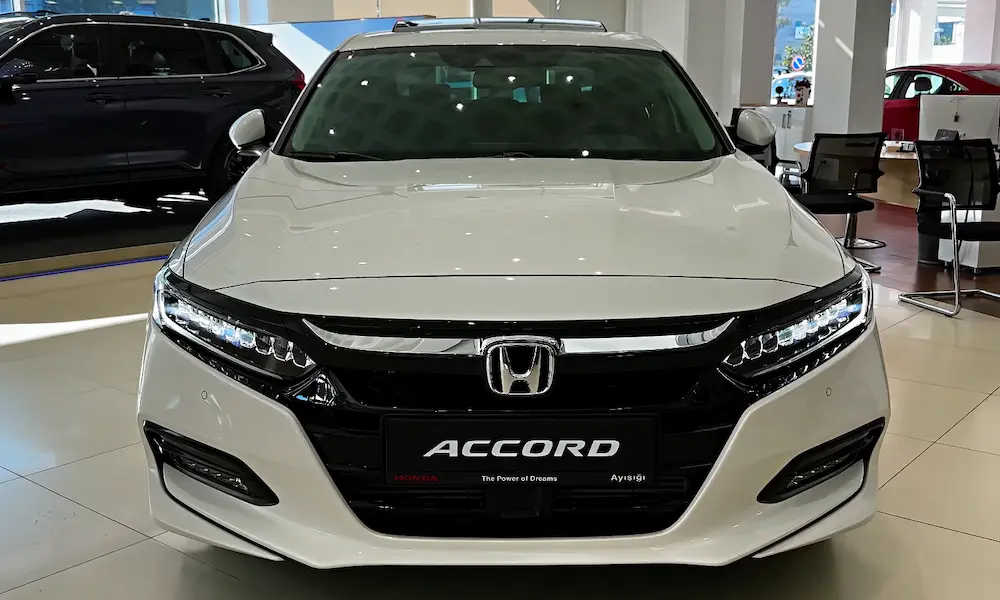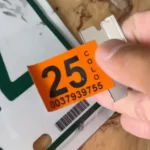Is your Honda Civic’s AC blowing hot air in the middle of summer? You’re not the first to face this frustrating issue. Many Civic owners have experienced cooling problems due to widespread air conditioning failures in recent models. Thankfully, Honda has responded with warranty extensions for specific components—though understanding what’s covered can be confusing.
The Honda Civic AC Problem Explained
The AC issues in Honda Civics aren’t technically classified as a “recall” but rather as warranty extensions for defective components. This distinction matters because while recalls are mandatory safety fixes, warranty extensions only cover specific parts.
The problem affects primarily 10th generation Honda Civics (2016-2021) and some 11th generation models. The root cause? Honda’s switch to the environmentally-friendly R-1234yf refrigerant in 2016, which creates higher pressure in AC systems and can cause premature component failure.
Two Major Warranty Extensions You Should Know About
Honda has issued two key warranty extensions to address the most common AC failures. Let’s break them down:
AC Condenser Warranty Extension (TSB 19-091)
In August 2019, Honda published Technical Service Bulletin 19-091, extending coverage for AC condensers to an impressive 10 years from the original purchase date with unlimited mileage. This covers:
- 2016-2021 Honda Civic (all body styles and trims)
- 2017-2021 Honda Civic Type R (under TSB 21-014)
The problem? Tiny holes develop in condenser tube walls, allowing refrigerant to leak out. According to NHTSA documentation, these condensers weren’t manufactured to proper specifications, making them prone to corrosion and eventual failure.
AC Compressor Shaft Seal Warranty Extension (TSB 23-039)
More recently in May 2023, Honda extended coverage for compressor shaft seals through TSB 23-039. This warranty extension also provides 10 years of coverage from the original purchase date with unlimited mileage for:
- 2016-2021 Honda Civic (1.5T and 2.0L engines)
- 2017-2021 Honda Civic Type R (2.0T engine)
- 2017-2022 Honda CR-V (related models)
The official NHTSA report explains that “the new refrigerant and oil may cause swelling of the compressor shaft seal,” leading to “abnormal wearing of the seal” and allowing refrigerant to escape.
Why Your Honda Civic’s AC Is Failing
Understanding the technical reasons behind these failures helps explain why they’re so common. Here’s what’s happening:
The R-1234yf Refrigerant Problem
In 2016, Honda switched from R-134a refrigerant to R-1234yf to comply with environmental regulations. This seemed like a responsible move, but it created unexpected consequences for AC system durability.
The new refrigerant:
- Creates higher pressure throughout the AC system
- Reacts differently with system oils and components
- Requires redesigned components that early Civics didn’t have
This transition is the primary culprit behind most AC failures in 10th generation Civics. As one YouTube expert explains, “The entire system wasn’t properly engineered to handle the characteristics of the new refrigerant.”
Common Failure Points
| AC Component | Common Symptoms | Covered by Warranty Extension? |
|---|---|---|
| Condenser | Warm air, refrigerant leaks, frost on lines | Yes – 10 years unlimited miles |
| Compressor shaft seal | Intermittent cooling, hissing noise | Yes – 10 years unlimited miles |
| Evaporator | Weak cooling, moisture leaks | No – standard warranty only |
| Discharge/suction lines | Visible leaks, oil residue | No – standard warranty only |
The critical detail many owners miss: while condensers and compressor seals are covered for 10 years, other components that frequently fail due to the same underlying issue aren’t covered by the extended warranty.
How to Tell If Your Honda Civic Needs AC Repair
Before heading to the dealership, confirm that your symptoms match those covered by the warranty extensions. Here are the telltale signs:
Condenser Problems:
- AC blows cold initially but gradually gets warmer
- Refrigerant needs frequent recharging
- Visible leaks or oil residue at the front of the radiator
Compressor Shaft Seal Issues:
- Intermittent cooling performance
- Hissing or squealing noises from the engine bay
- AC clutch rapidly engaging/disengaging
A Reddit user described their experience: “My AC would blow cold for about 10 minutes, then gradually get warmer. The dealership confirmed it was a condenser leak covered under the warranty extension.”
How to Get Your Honda Civic AC Fixed Under Warranty
If you suspect your Civic has one of these covered AC issues, here’s what to do:
Step 1: Verify Your Coverage
First, check if your vehicle is eligible for these warranty extensions:
- Note your vehicle’s make, model, year, and VIN
- Visit Honda’s official recall site or call your local dealership
- Provide your VIN to verify coverage eligibility
Remember: These aren’t safety recalls but warranty extensions, so they might not show up in standard recall searches.
Step 2: Document Your AC Issues
Before visiting the dealership:
- Note exactly when and how the AC problem occurs
- Record temperatures (if possible) showing the lack of cooling
- Note any unusual smells, sounds, or behaviors
- Take videos of the problem if intermittent
Documentation strengthens your case if the dealership initially resists warranty coverage.
Step 3: Visit a Honda Dealership
Only authorized Honda dealerships can perform these warranty repairs. Independent shops can diagnose the problem, but they can’t access the warranty program.
When visiting the dealer:
- Mention the specific TSB number (19-091 for condensers or 23-039 for compressor seals)
- Be clear that you’re aware of the warranty extension
- Request that diagnostic fees be waived if the problem is confirmed
Some owners initially faced resistance from dealers unaware of the newest warranty extensions. Having the TSB numbers handy can help overcome this.
Critical Limitations of the Warranty Extensions
While Honda’s warranty extensions help many owners, they have important limitations you should understand:
Components Not Covered
Despite being affected by the same refrigerant issues, several critical components aren’t covered by the warranty extensions:
- Evaporators (a common failure point)
- Refrigerant lines
- AC control units
- Expansion valves
Some owners report spending over $1,000 on evaporator repairs despite having a “covered” AC system.
11th Generation Civic Status
For 11th generation Civics (2022-2025), there are currently no specific AC warranty extensions, though forum discussions suggest some owners are experiencing similar issues.
The 2025 Honda Civic does have other recalls for:
- Steering gearbox issues
- High-pressure fuel pump problems
But nothing specifically addressing AC system components yet.
Repair Restrictions
When getting warranty repair work done:
- Only Honda dealerships can perform the repairs
- Aftermarket parts cannot be used
- Previous independent repairs might complicate warranty coverage
- Special tools are required that independent shops don’t have
Legal Action Over Honda AC Issues
The AC issues have been significant enough to spark legal challenges against Honda.
Class Action Lawsuits
Multiple class action lawsuits have been filed against Honda regarding these AC failures. The most significant was a consolidated case including 21 Honda Civic owners alleging that Honda knew about the AC system’s inability to handle R-1234yf refrigerant.
According to Car Complaints, the lawsuits claim Honda failed to:
- Issue proper recalls
- Cover all affected components
- Properly disclose known issues to consumers
Unfortunately for owners, these lawsuits have been largely unsuccessful. The U.S. Court of Appeals for the Ninth Circuit dismissed the case in 2024.
Warranty Extension as Response
Many legal experts view the warranty extensions as Honda’s attempt to address the issues without admitting broader liability. By extending coverage for the most commonly failing parts, Honda has reduced potential legal exposure while still providing some relief to affected owners.
An auto fraud legal center notes that “the warranty extensions address symptoms rather than the underlying cause—an AC system fundamentally incompatible with the new refrigerant.”
DIY Troubleshooting Before Heading to the Dealer
Before making a dealership appointment, try these basic checks to confirm it’s a covered issue:
1. Check for Low Refrigerant (Simple Visual Test)
Honda AC systems have a sight glass on the receiver/drier. With the AC running:
- Look for bubbles in the sight glass
- Bubbles indicate low refrigerant, potentially from a leak
This quick check can help confirm if you’re dealing with a refrigerant leak typical of condenser or compressor seal failures.
2. Listen for Abnormal Compressor Noises
With the engine running and AC on max:
- Listen for clicking, squealing, or hissing from the compressor
- Rapid on/off cycling of the compressor clutch
- Grinding noises (indicating severe compressor damage)
Compressor noises often indicate the shaft seal issues covered under TSB 23-039.
3. Check for Visible Leaks
With the car parked overnight:
- Look under the vehicle for oily spots
- Check the front of the condenser (behind the grille) for oil residue
- Look around AC hose connections for oily buildup
Visible leaks at the condenser are typically covered under the warranty extension.
Preventing Future Honda Civic AC Problems
If your Civic has already had AC repairs under warranty, these tips can help maximize the lifespan of your repaired system:
1. Regular AC System Use
Even in winter, run your AC for 10 minutes weekly. This:
- Keeps seals lubricated
- Prevents refrigerant from settling
- Maintains proper pressure in the system
2. Professional Leak Checks
Have your AC system checked for minor leaks annually:
- Small leaks can be detected before major failures
- Early detection prevents compressor damage
- Preserves refrigerant charge
The R-1234yf Consideration
The new R-1234yf refrigerant is significantly more expensive than older R-134a. Current prices range from:
- R-134a: $50-100 per system recharge
- R-1234yf: $200-300 per system recharge
This price difference makes leak prevention especially important for newer Civics.
How Honda Civic AC Issues Compare to Other Models
To put these problems in perspective, let’s compare the Honda Civic AC issues to other vehicles:
| Vehicle Model | Common AC Issues | Warranty Coverage | Owner Cost Impact |
|---|---|---|---|
| Honda Civic (2016-2021) | Condenser leaks, compressor seal failures | 10-year extensions on specific components | Moderate – parts covered but labor can be expensive for non-covered items |
| Honda CR-V (2017-2022) | Similar compressor issues | Similar extensions | Moderate – similar situation to Civic |
| Toyota Corolla | Fewer systemic issues | Standard warranty | Low – fewer reported failures |
| Hyundai Elantra | Compressor failures common | Some goodwill coverage | High – often outside warranty |
This comparison shows that while Honda’s AC issues are significant, the warranty extensions provide better protection than many competitors offer for similar problems.
The Honda Civic AC issues reflect the challenges manufacturers face when transitioning to new environmental standards. While the warranty extensions provide meaningful coverage for many owners, understanding exactly what’s covered—and what isn’t—remains essential for managing repair costs and expectations.

